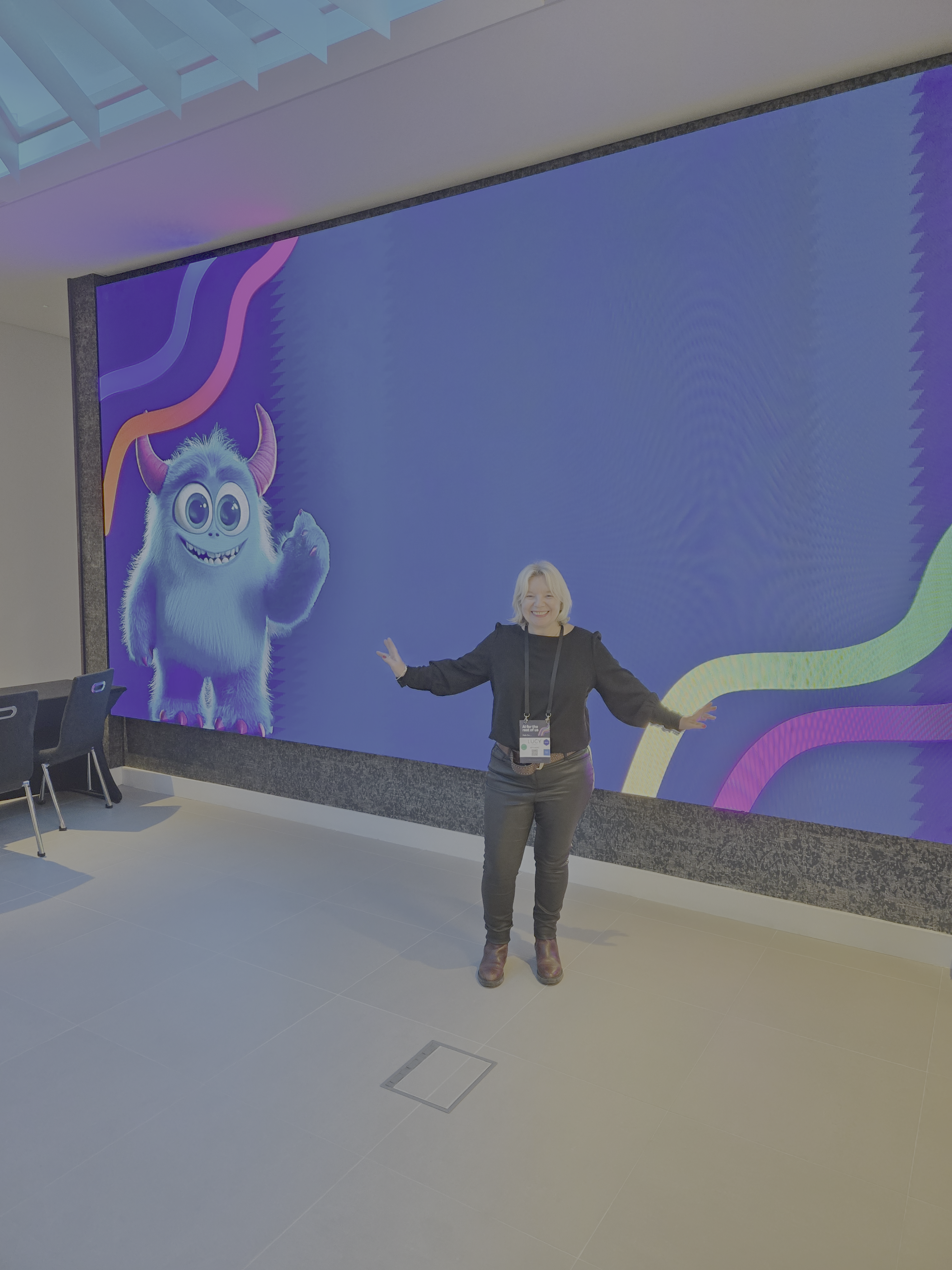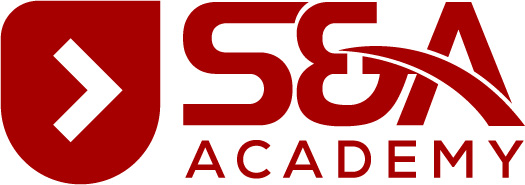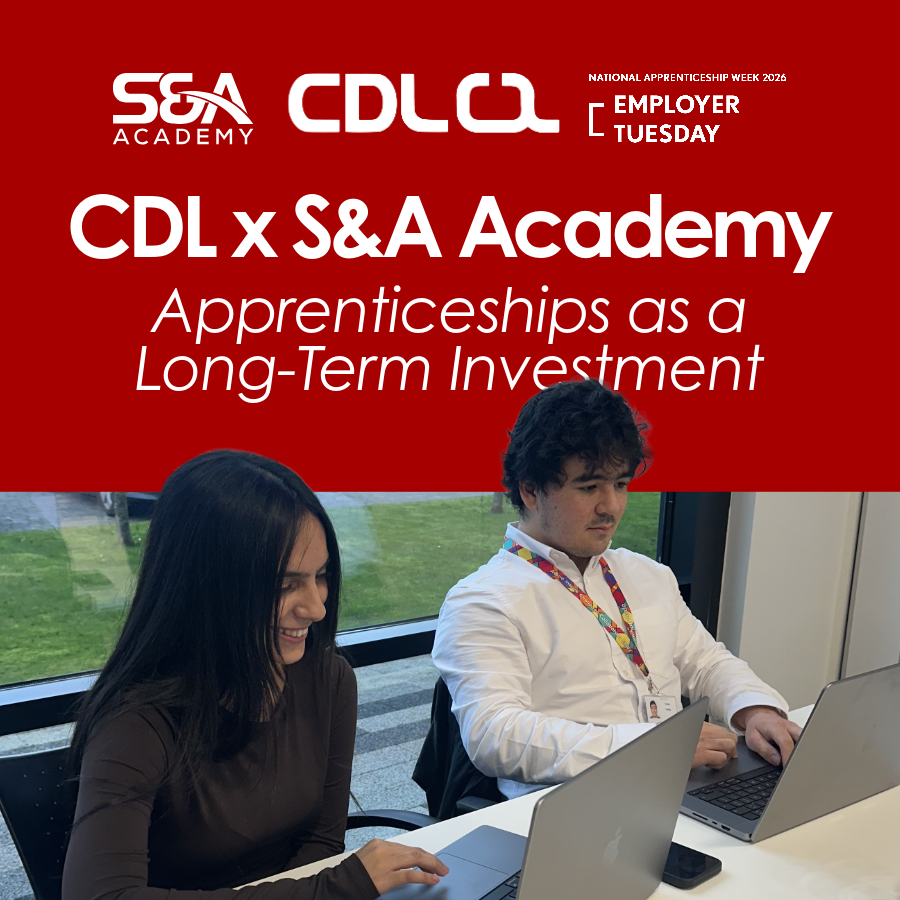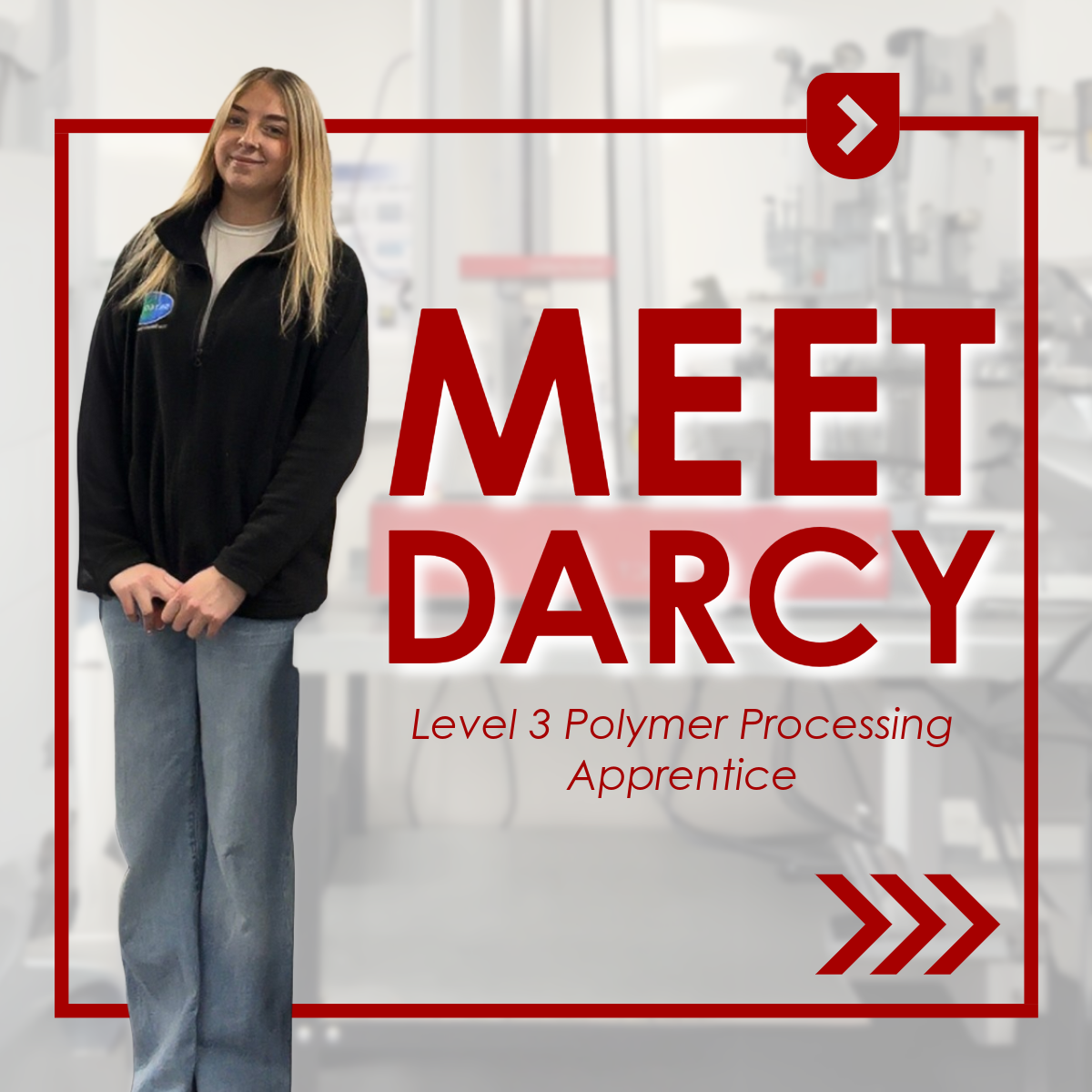
Six stories of Separation – How books saved my life.
I grew up in a tiny village in Leicestershire which offered just a handful of places to discover as a child: The woods to create dens and enjoy endless hours of hide and seek; the corner shop where I’d spend my 10p pocket money on pear drops, black jacks or Bunty or Judy mags – if you recognize these, you’ll know my age!
Then there was Sunday school and the farmer’s market. But the place I cherished most was the library. This haven of knowledge and untapped resources was my mecca and a voyage of discovery that would shape my adult life in ways I couldn’t have imagined. For context, this was all before the internet, smartphones, when we had just four TV channels and telly remote controls hadn’t been invented yet!
The library gave me hope. I devoured books weekly, driven by an unquenchable thirst for learning. I wasn’t raised to believe I could have a career, run for prime minister, or fly in space. I was simply told to know my place, do as I was told, and eventually meet a nice man, get married, and have a family. For those who don’t know me well, I’m not good at ‘getting in line.’ I have too much energy and unencumbered thinking for that. Think of me like a puppy, constantly curious, open to the world of possibilities and free to explore the world on my terms. Suffice to say my family dynamic is very different from what my parents had envisioned!
When you grow up in a family where you feel you fundamentally do not belong, where you feel oddly different and just can’t put your finger on it, you might find yourself desperate to explore the world. I started running away from home at the age of six. As we moved homes, my friendship groups narrowed, my sounding boards diminished, and I was left with my own echo chamber. Learning at school was difficult because most of my brain was in a headlock, still developing, and focused on surviving each sleepless night. I picked up quite a few phobias, developed an eating disorder, and other things along the way. As an adult, I realize now that my ability to retain information was overshadowed by the trauma I hid from the outside world. But the library, the books and stories that inspired my young mind, also opened up the world to me and fuelled my desire to explore.
To cut a long story short, I left home and school at 17 with just my O’ levels and a thirst to see the world. I saved up enough money to travel to New York and lost countless hours in NY city library and every art gallery I could find. I was an avid fan of skyscrapers and frequently visited the 107th floor of the South Tower, taking inspiration from the majestic views that I felt only a country girl like me could truly appreciate. The sheer expanse and wonder of ‘what could be’ is still a vivid memory in my mind’s eye. I always used to joke that I felt rich when I was surrounded by books and could afford to buy fresh flowers. My office now is packed with books, artwork and curios from my travels and, of course, flowers and plants.
I spent a total of seven years traveling before returning to education, where I obtained a bachelor’s degree with a minor in art history and a major in film and theatre. I knew that education would help me harness my creativity and open up pathways to a world that I only could have dreamt or read about. I went through many black holes of depression but always came back up for air. Over the years, my professions have included teacher, factory operative, dog walker, customer service manager, retail store manager, cocktail waitress, consultant, account manager, housekeeper, and au pair. I’ve had several side hustles of selling refurbished shabby chic furniture at Spitalfields Market, running a private dinner party service, and as an events coordinator for an adoption charity which I co-founded. And now, I volunteer as a chef at a homeless charity.
Our stories are what make us unique and special. As much as I wanted to fit in, I also wanted to be that person on a different page, always one step ahead. I found that I loved solving problems and adored the challenge of negotiating with irate customers to turn situations into ‘win-wins.’ I always found ways to empower people, help marginalized groups, and help others find their voice. For the past seven years, I’ve been helping MSc data science students tell their stories. The key points we discussed were about the powerful combination of data and narrative. Because, without a back story and a narrative that flows through the presentation, how can the audience know what questions to ask? And without the right questions, they’ll not have the right answers to formulate their findings and presentation to their boss or board. It’s really that simple.
So, what better way to find your voice at the S&A Academy, where we will showcase our brand new Data Storytelling Course. Our practitioner Chiyo Robertson is a highly experienced communications professional and moderator with 22 years of BBC experience as a senior journalist and editor, delivering trusted news to global TV, radio, and digital audiences. I am thrilled to be working with Chiyo, whom I met in early 2024 at an AI conference.
During that conference, I discovered a fascinating phenomenon: women were increasingly drawn to this ‘new’ Artificial Intelligence. They commented on the spaces in-between, noting how AI offered a pathway to a new way of working. It allowed them to reimagine their career paths, utilizing their previous industry knowledge and expertise in innovative ways. This insight led to the creation of our Data Storytelling Course, designed to inspire, provoke conversation, engage, and connect.
Building trust in our businesses is crucial. I spend a lot of time with C-suite leaders, and the standout ones always share at least one success story. Data leaders that are focused on gaining trust in the data, the people, and all they can offer. Leaders who insist that education and upskilling is the best way to retain their teams; well, they are my favourites! It’s about looking around corners and anticipating what’s next on the technology horizon. We firmly believe that by empowering our people to tell their stories, the value of data is upheld and ratified, leading to real change and progress.
When it comes to practical tips for storytelling, I have spent hours trawling through student presentations and have some key takeaways:
Less is more. A powerful presentation where the visual elements like charts, graphs and diagrams help simplify complex data and highlight key insights. Text heavy slides are not appealing, instead use short prompts to relay what has happened, what they discovered, and a call to action.
Don’t forget that by using our voice, body language and mannerisms, we can create intrigue, elicit emotion and spark an undercurrent of curiosity in our audience.
By being engaging and persuasive, we make our message memorable and bring everyone along. That’s what real inclusivity should look like in our teams and business.
We invite you to join us and write a new chapter in your story. Sign up here and be part of a brand-new edition.
Looking back to my young self devouring in books in the village library, I recall the Peter and Jane books that taught me that the first most important word was ‘LOOK’.
We can help you find what you are looking for.



